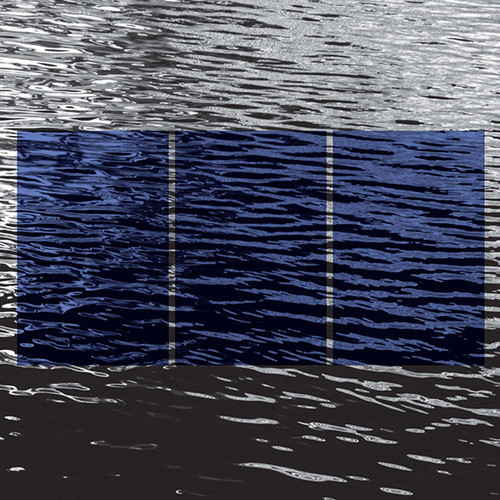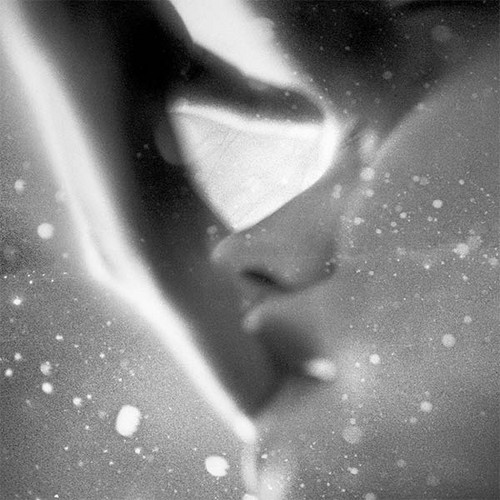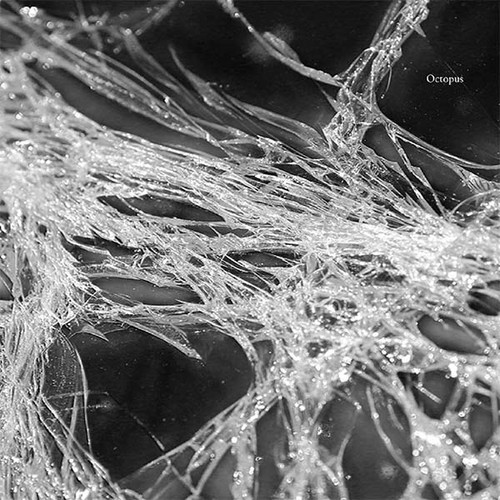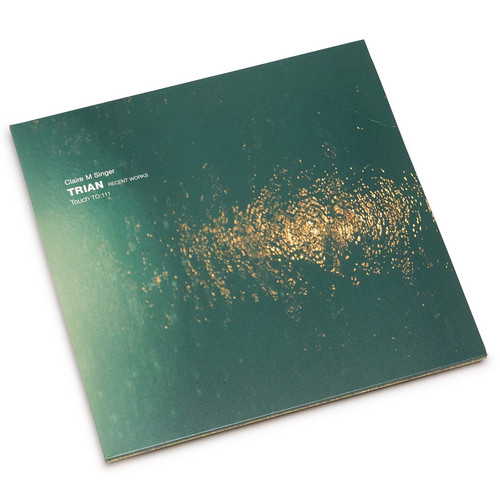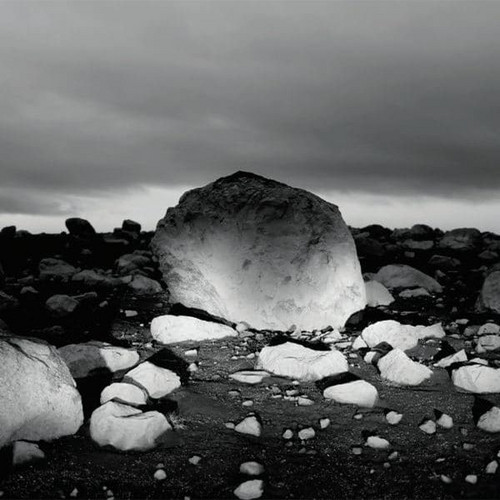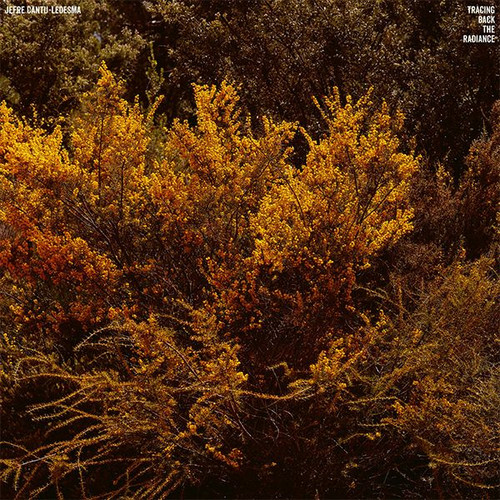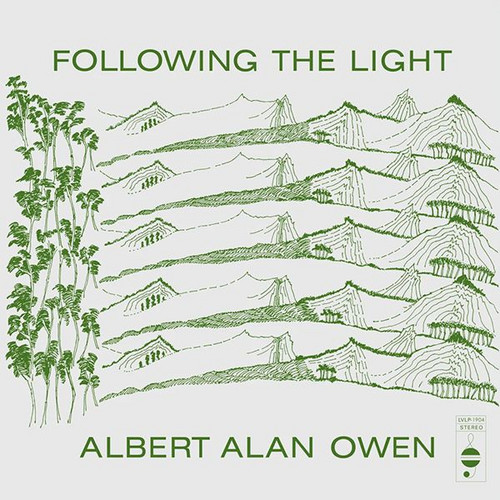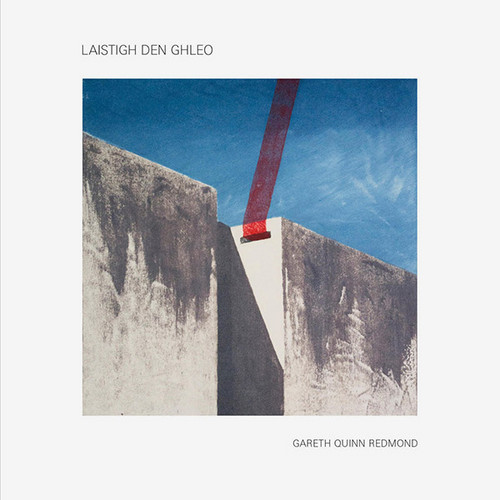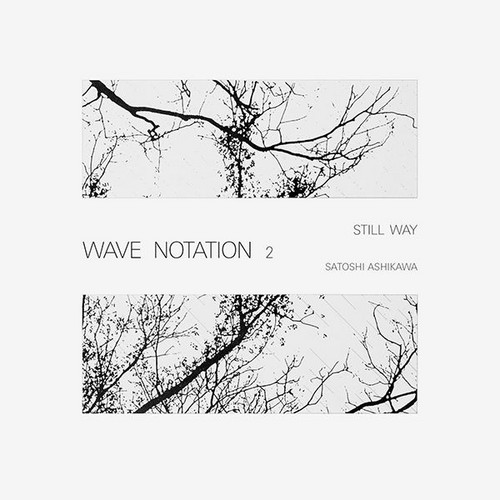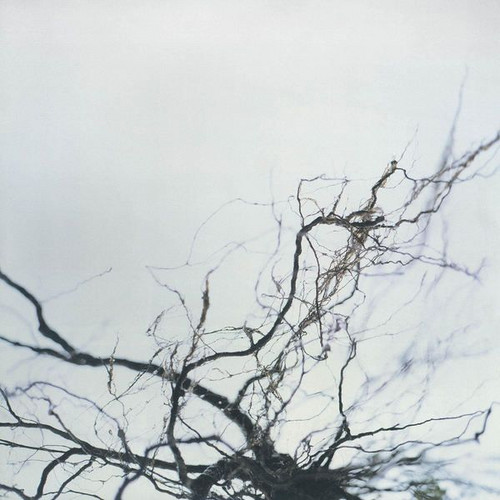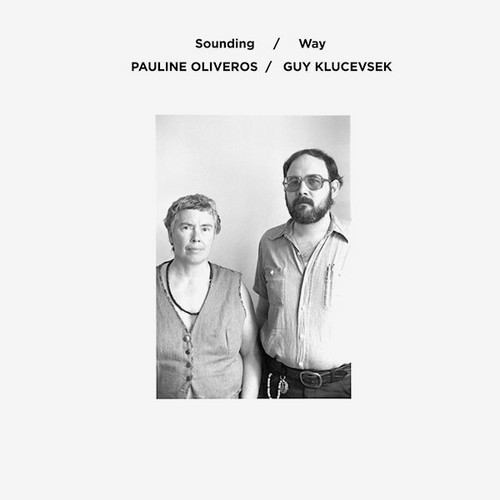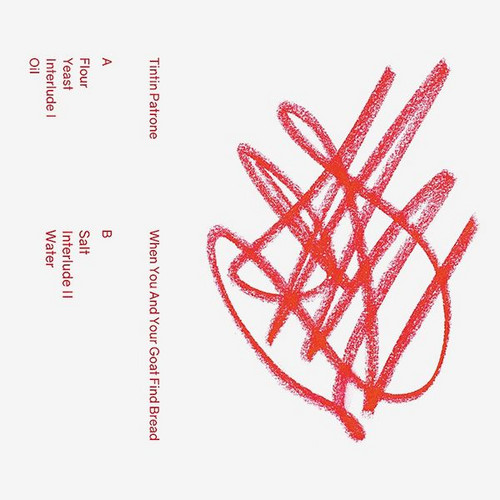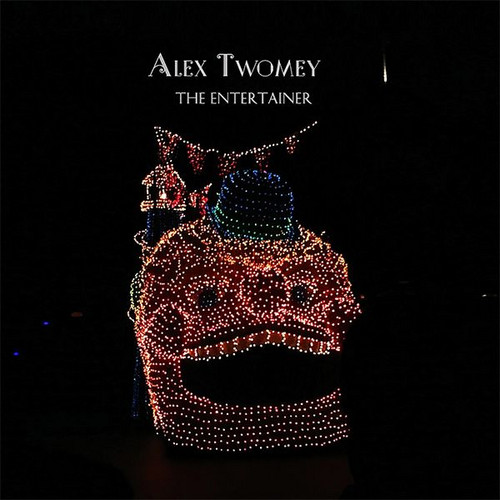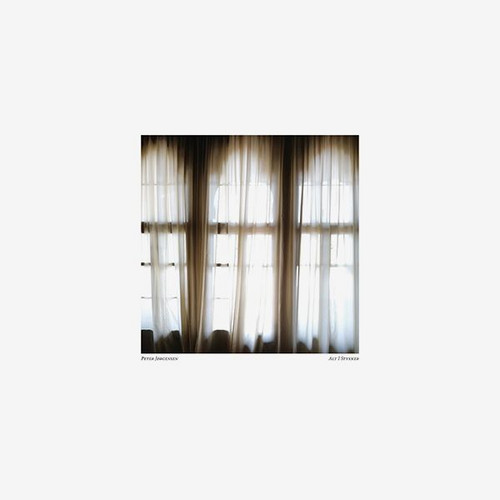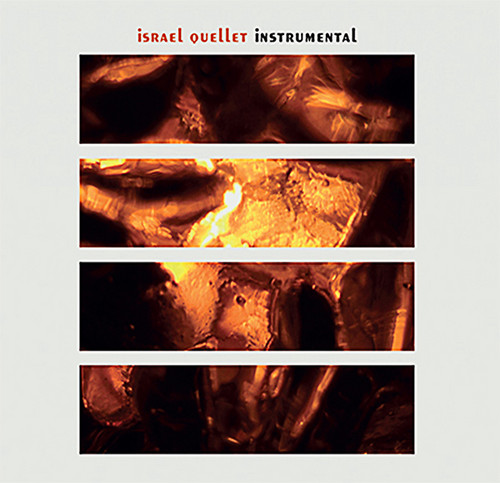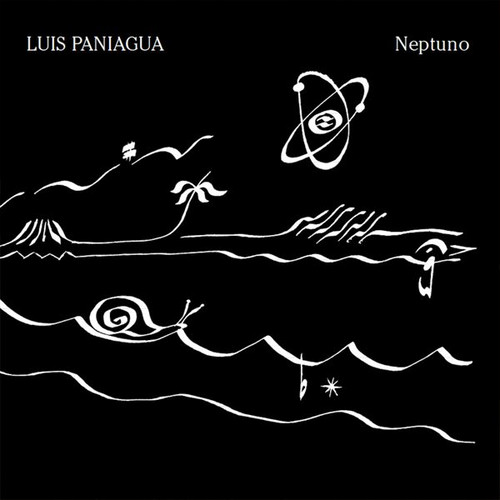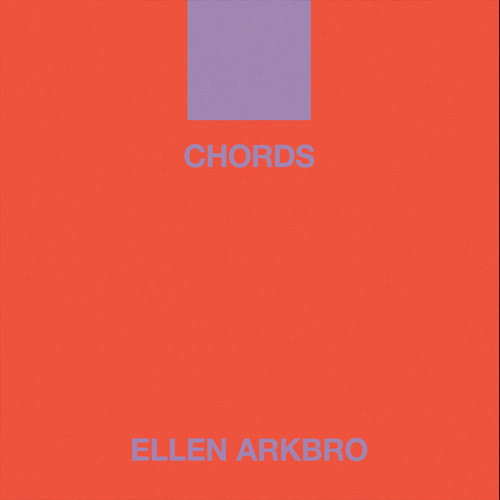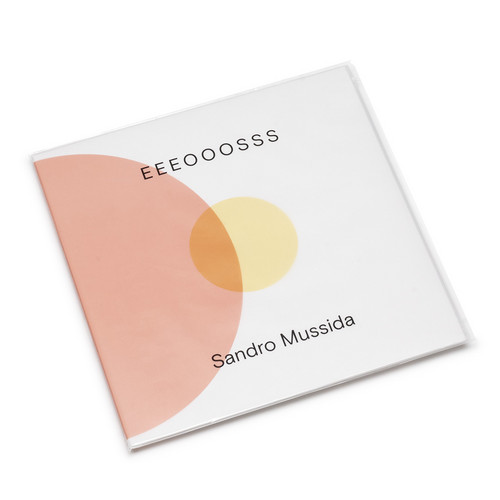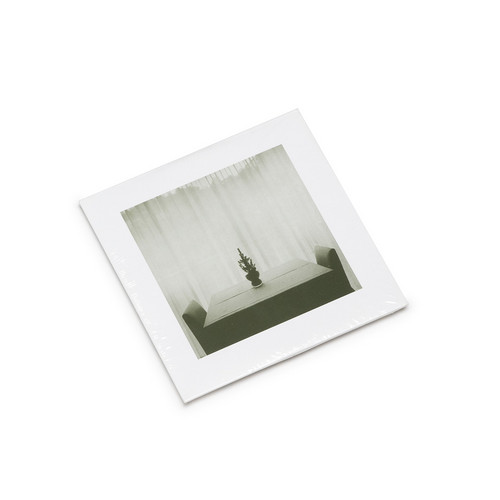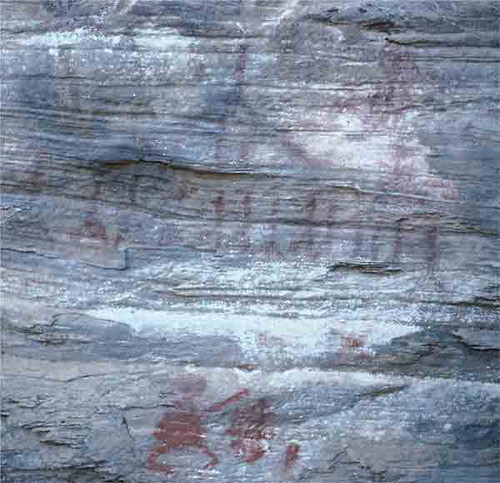Kyoto Oct 21 2018
First collaboration ever between noise legend Merzbow and visionary/provocateur Kaoru Sato of R.N.A. Organism (Vanity Records). Edition of 300. Side A: live recording of Merzbow and Kaoru Sato’s first live collaboration ever. Recorded October 21st 2018 at Metro club in Kyoto for a three-label showcase with avant-garde imprints Slowdown, Phonon and Kyoh Records. Side B: Solo sessions by each artist that took place after the joint performance on the same night. Edited and mixed in their respectiv…
Touch Dissolves
**300 copies, 2019 stock** "With its ability to deliver both thick melodic lines as well as enveloping harmonies, the cello is a natural choice for artists looking to create a mood of tranquility. Over the course of his recording career, Aaron Martin’s knack for using the instrument to generate mournful tones, disquieting harmonic undercurrents, and the unwinding of melodies has opened up a world of nuance to a series of striking solo pieces.That being said, there’s an argument to be made that M…
Octopus
Harpist Hélène Breschand performs two challenging works by Eliane Radigue and Kasper T. Toeplitz with results intended for deep listening. The first sees Hélène perform Occam Ocean XVI for acoustic harp, drawing out a rich array of sonorities from a single pitch across its 27 minute duration. The first nine minutes are intensely meditative, with the effect of drawing our eyelids to half mast in the manner of best Eliane Radigue music, before that hypnagogic traction gives way to flurries of pitt…
Trian: Recent Works
Trian (Recent Works) is Claire M Singer's debut on vinyl and this double album gathers most of her previous output on the Touch label. During recent years Singer has focused on writing and performing a mix of organ, cello, and electronics with regular performances at Union Chapel, where, as Music Director, she runs a diverse program of concerts and educational workshops around the chapel's organ, which was built by Henry Willis in 1877. Solas ("Light" in Gaelic), which ccupy the first three side…
Melodnie
Jerzy Mazzoll is a key figure of polish music over last twenty years. He is a bass clarinet virtuoso that goes deep into the tradition of Polish improvisers and contemporary music composers of the mid-twentieth century. He played in many bands such as Arhythmic Perfection, Pieces of Brain, Mazzoll & Arhythmic Memory. He cooperated, among others with musicians such as Roscoe Mitchell, Greg Fox, Django Bates, Peter Brotzmann, Jon Dobie, Alfred Harth, Peter Kowald, Vytutas Labutis, Jeffrrey Morgan,…
Tracing Back the Radiance
Some records aren’t as simple as they seem. Most are capsules of beauty and creative vision, or sublime objects of expression which occupy the abstract realms. But the rare few are also discrete philosophies, realized in sound - a truth brought to the forefront by Mexican Summer veteran, Jefre Cantu-Ledesma’s, latest venture, Tracing Back the Radiance. A radical departure from pop drenched melodies which have defined his recent efforts, its experimental forms offer a dynamic rethinking of the t…
Following the Light
**600 copies** Recorded in 1982, Following the Light is the third album british composer Albert Alan Owen recorded for the Apollo Sound Label. Originally a Library oriented Music label, Apollo Sound by the mid 70s commissioned contemporary musical pieces from new composers, aiming presumably to provide atmospheric backgrounds for film, television and advertising, and to feed the burgeoning demand for 'New Age' music. Therefore comes Following the Light. While certainly melodic, Owen’s music make…
Laistigh den Ghleo
WRWTFWW Records is very happy to announce the release of Irish ambient / minimalist producer Gareth Quinn Redmond’s Laistigh den Ghleo, a companion album to Satoshi Ashikawa’s Still Way (Wave Notation 2). The album, available on vinyl and digipack CD for the first time, comes with liner notes by Midori Takada and Gareth Quinn Redmond. "Conceptually derived from the work of Japanese minimalist composer Satoshi Ashikawa, I have composed an album which hopes to engage, enrich and reflect the listen…
Still Way (Wave Notation 2)
Restocked, reduced price. WRWTFWW Records is honored to announce the much anticipated reissue of Satoshi Ashikawa’s undeniable classic of Japanese environmental / ambient / minimalism, Still Way (Wave Notation 2). The album, available on vinyl (first time since 1982) and digipack CD (with one bonus track), comes with a cover artwork by Hiroshi Yoshimura and liner notes by Midori Takada, Satoshi Ashikawa himself, and Irish producer Gareth Quinn Redmond (whose Still Way-inspired album Laistigh den…
Nova + 4
Restocked, reduced price. WRWTFWW Records present an expanded reissue of one of the most fascinating Japanese ambient / environmental albums ever made, Nova by Yutaka Hirose, originally released in 1986. The expanded reissue includes the album known as Soundscape 2: Nova, sourced from its original masters, as well as four never-released-before recordings over 50 minutes. Initially released in 1986 as part of the Soundscape series. Commissioned by Misawa Home Corporation for use in their prefabri…
Sounding / Way
Pauline Oliveros and Guy Klucevsek's Sounding / Way was originally released on cassette in 1986 and has been out of print ever since. This LP was cut by John Golden and pressed at RTI in order to achieve a quiet, dynamic pressing. The Sounding / Way concept was simple: each artist would write a piece for two accordions and then they would perform them together. Thus, side A contains Guy Klucevsek's Tremolo No. 6 performed by Guy Klucevsek and Pauline Oliveros. Side B contains Pauline's compositi…
When You and Your Goat Find Bread
When You And Your Goat Find Bread is a thing of it’s own beauty. On her first solo outing, the German-Filipino composer, musician, actress, film and music producer, painter, performance artist and author Tintin Patrone presents seven carefully crafted and emotively played neo-classical compositions for trombone and electronics."A goat is a domestic animal kept to be sacrificed to giants. It is a metaphor for a state of peacefulness. When your goat is with you, you are calm and collected. In earl…
The Entertainer
**250 copies** The Entertainer is Alex Twomey’s first album since 2012. Many have been waiting and, finally, here we are! During the silence, Twomey’s keyboard work has germinated into a more framed compositional structure, beaming with orchestral strings, woodwinds, and brass. Eleven cinematic settings and bouncing refrains mark this LP. Alex describes the album as, “vignettes alluding to a vague narrative regarding one’s idea as an artist.” A somber beauty is penned. Alex previously recorded a…
Alt i Stykker
Danish composer and sound artist Peter Jørgensen’s new album Alt I Stykker continues a trajectory into an expansive and highly personal sound-world. A remarkable series of compositions hewn from a multi-faceted mirroring of musical elements and life events. Alt I Stykker (All in Pieces) resonates perfectly as a title of his three new works. It hints at the emotional turbulence of their genesis and their passage into being through a rich complement of approaches and collaborators. This album furt…
Instrumental
Swiss electro-acoustic artist Israel Quellet's fifth opus, Instrumental, is a new work focused on the Church organ. Complex and mysterious, secular and modern - it makes for another challenging listen. Born in Neuchâtel, Switzerland, 1972, Israel Quellet worked in the psychiatric field for several years. At 16, he discovers on his own some different soundworlds, such as Miles Davis's electric era, Sun Ra, Dub, German cosmic music, Magma, Zappa and many more. In 1997, he stepped into the action a…
Neptune
The wondrous, expansive and meditative music of Luis Paniagua is now available again with the reissue of his 1987 album, 'Neptuno'. Originally released on the cult El Cometa de Madrid label - itself a sub label of Grabaciones Accidentales (Finas Africae / Suso Saiz / Javier Bergia) - the album is another is the canon of exploratory new age, world and ambient recordings that came out of Spain during the formative period as the country returned to democracy. Born in Madrid, in 1957, his first asso…
Chords
With ‘Chords’, the Stockholm-based musician and composer Ellen Arkbro returns to Subtext, following her acclaimed debut album ‘For Organ and Brass’. This new longplayer sees Arkbro adopt a more minimalist approach, focusing on the immediate qualities of sound and elegantly expanding the tonal capacities of acoustic instruments using precise, subtle synthesis. Composed of a carefully selected combination of tones, ‘Chords’ stretches, extends and obscures the timbral character of the instruments i…
EEEOOOSSS
**300 copies in special packaging** EEEOOOSSS is the encounter between three instruments, each one tuned according to a different tuning system. This meeting was conceived and designed over a period of years but only once took place in the Church of S. Giusto, Volterra, Italy, during the night of the 12th of August, 2018, in the nave, the transepts and the choir. Each of the three temperaments embodies specific characteristics, amplified by the instrument assigned to play it. The dark (almost pu…
At The Still Point Of The Turning World
Joana Gama and Luís Fernandes's new offering At The Still Point Of The Turning World, borrows its title from T. S. Eliot's poem "Burnt Norton". It is a record of restless motion, lilting and pulsing with a sense of gentle determination. Born out of a period of mutual loss, the works carry a bittersweet sentiment. Bitter in the sense of loss; sweet in the sense of lingering memory and influences recognized of those departed. It is also a record that, like the poem from which it takes its title, m…
Semper Liber
2025 stock ** "Semper Liber consists of a series of duets featuring Marcus Davidson, Hildur Gudnadottir, Mike Harding, Charles Matthews, Clare M Singer, Maia Urstad, and Anna von Hausswolff and are drawn from recordings made at Spire events since 2009. Mixed by its curator, Mike Harding, at the Völlhaus, and mastered by Mark Van Hoen, this powerful four track collection -- to be played as one piece -- explores the sonics of the mighty organ in all its thundering glory. Warning!: Extremely low fr…
